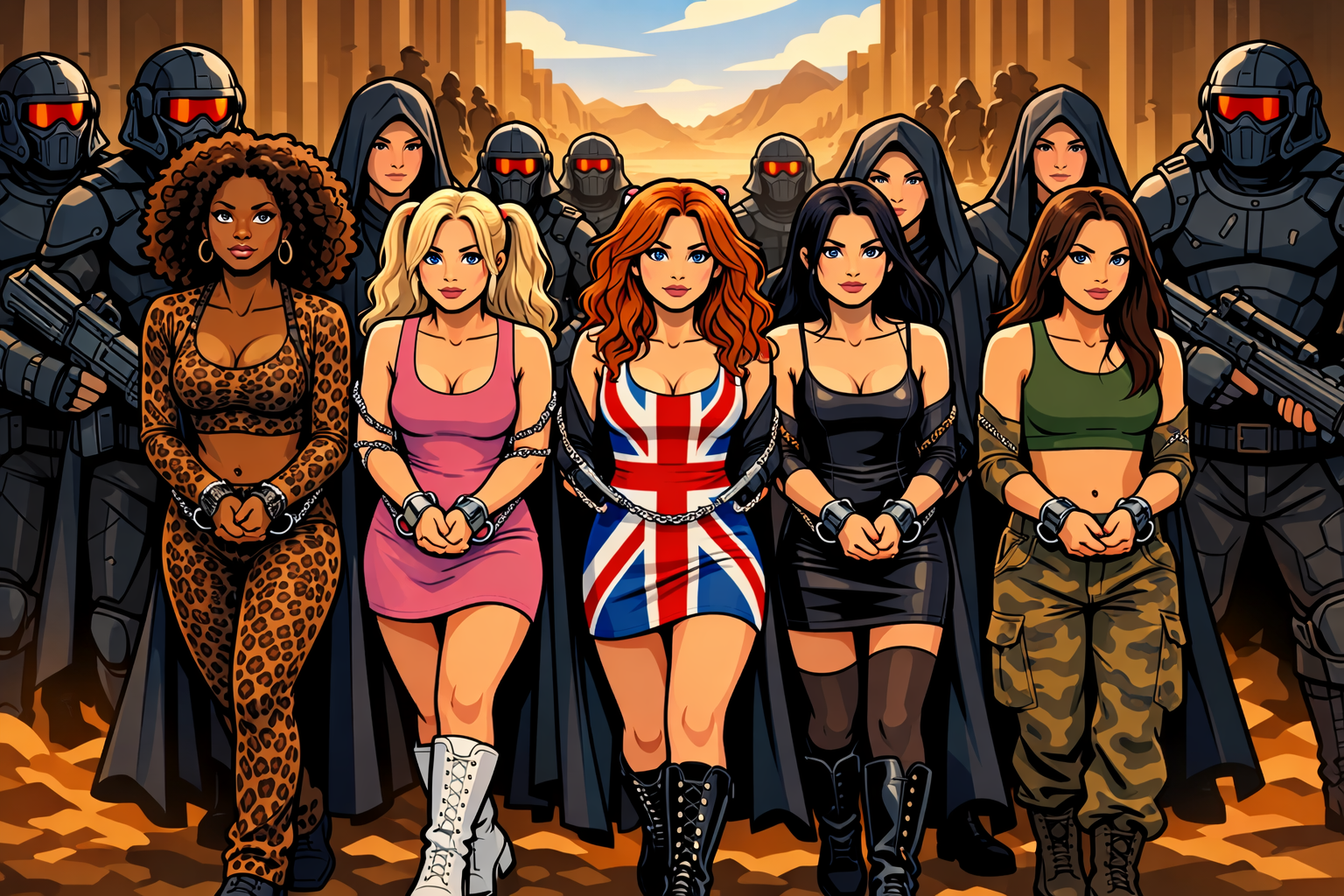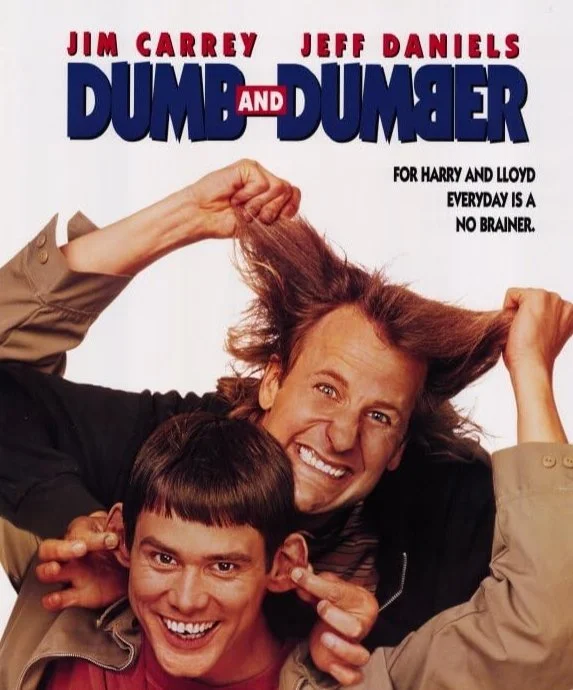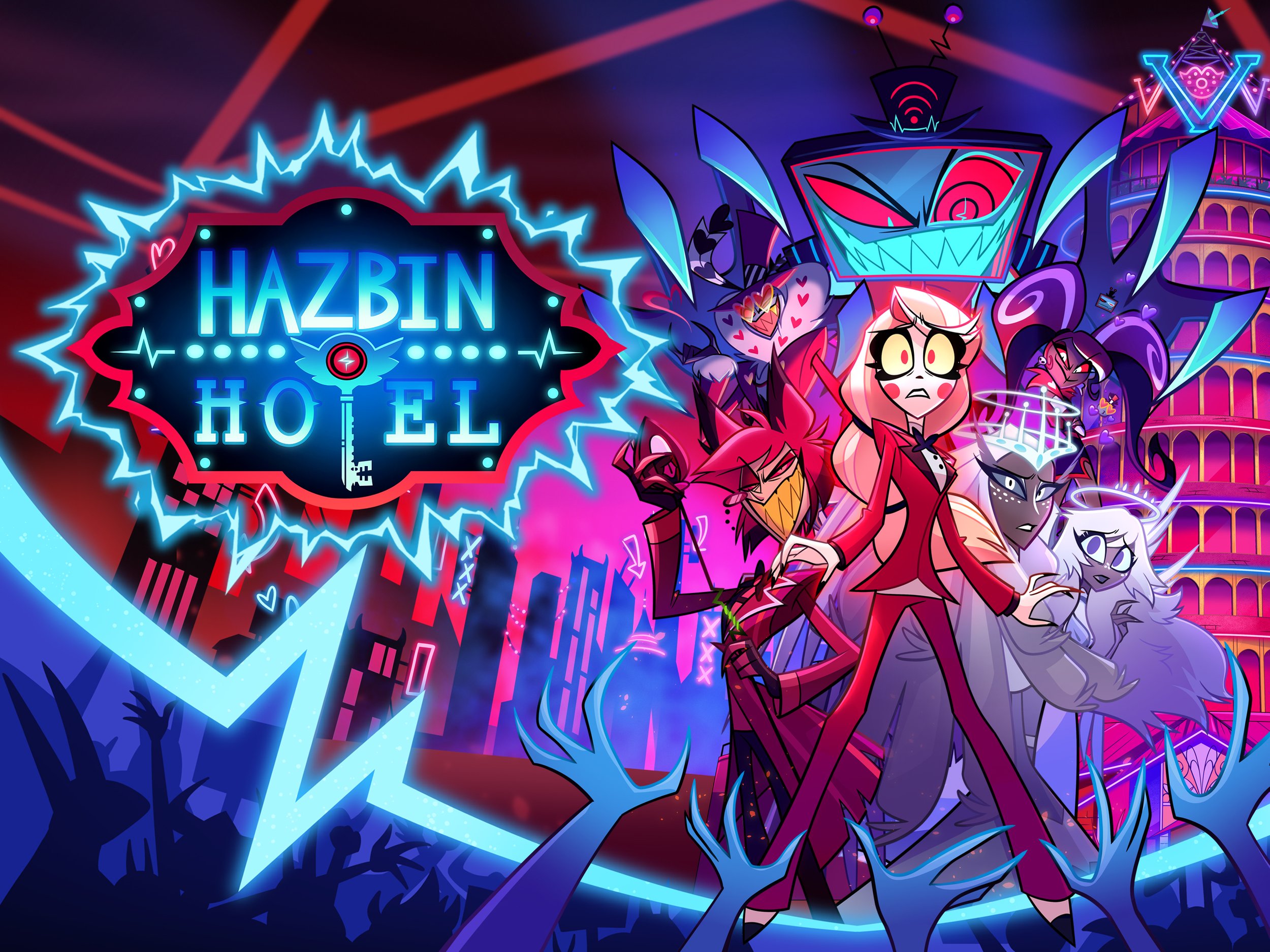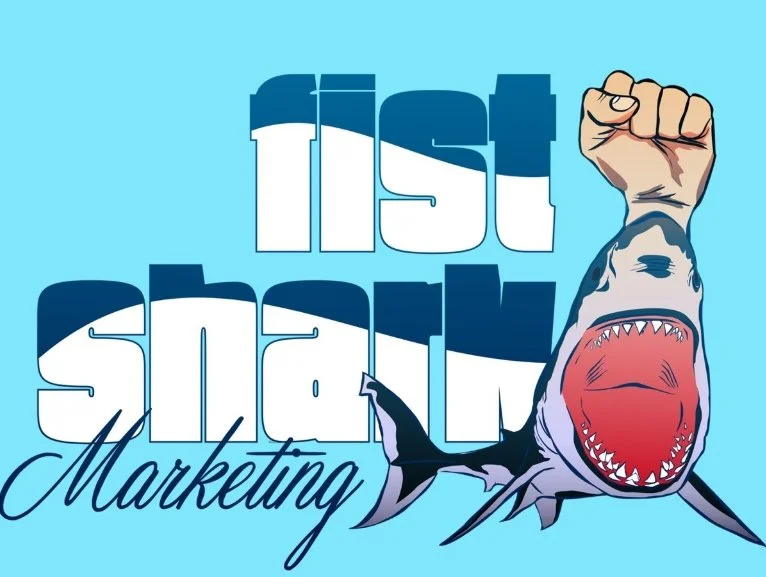Rewriting Myth and Morality: A Thematic Analysis of So Good’s “I Rewrote The Fucking Bible”
In the pantheon of contemporary pop subgenres, Bratpop has emerged as a glitter-smeared fist in the face of polite society. Rooted in punk’s defiance and pop’s sugary hooks, the genre thrives on satire, disruption, and a deliberate overstepping of taste. So Good’s track “I Rewrote The Fucking Bible” is a prime example, an explosive feminist and queer-affirming manifesto that dismantles religious orthodoxy and replaces it with a DIY ethic of love, autonomy, and personal truth. Through profanity, hyperbole, and biting humour, the song constructs a new sacred text, one authored by the excluded, for the excluded.
This article examines the song’s lyrics through six interwoven themes: feminist revisionism, anti-authoritarianism, queer liberation, epistemological humility, satirical modernisation, and aggression as aesthetic. Together, these themes reveal how the song operates not merely as irreverent provocation, but as an invitation to rethink the foundations of belief and moral authority, all while being one of our favourite songs of 2025 so far.
Feminist Revisionism & Reclaiming Origin Stories
The song opens in Genesis, but not the version found in holy texts. Here, Eve is no longer the passive temptress whose actions unleashed sin, but a furious agent of rebellion. “I was Eve in the garden of Eden… I spat the apple back in God’s face,” the singer proclaims. In this line, she enacts a literal reversal: Eve does not swallow the apple of knowledge, she rejects it—and with it, the entire premise of inherited blame.
This feminist rewriting reaches its symbolic apex in the line, “I ain’t made of rib, bitch / I’m made of fucking lioness.” The juxtaposition of “rib”—a biblical shorthand for female subordination with “lioness,” a predator and matriarch, asserts a new mythos. The woman is no longer derived from man; she is fierce, autonomous, and foundational.
Stylistically, the song’s aggressive diction, especially its use of “bitch” is not gratuitous. It aligns with Bratpop’s bratty, confrontational aesthetic, but also reclaims the slurs and insults historically hurled at women who refuse to be compliant. The anger is theatrical, yes, but it’s also righteous.
Anti-Authoritarianism & Rejection of Institutional Religion
Central to the track is a wholesale rejection of traditional hierarchies, especially those codified by religion. The repeated chorus “I rewrote the fucking Bible / my word is final”—is less about theological reform than total narrative seizure. The speaker doesn’t revise scripture within its own framework; she burns the foundation and builds anew.
Lines like “I don’t need no gods, no masters / I won’t take your bullshit orders” echo classic anarchist slogans, especially the famous cry of 19th-century feminist anarchists like Emma Goldman. The lyric transforms that political ethos into a pop chorus, reinforcing that the enemy is not just God per se, but the broader structures of domination; religious, patriarchal, governmental.
Particularly striking is the satirical invocation of violence: “So separate the church and state or line ‘em up and kill them.” This isn’t a serious call to arms but a moment of hyperbolic catharsis, consistent with punk traditions that use exaggerated violence to expose the real-life harms caused by oppressive systems. It shocks, yes, but it also forces the listener to consider the far less theatrical violence of moral policing, forced conformity, and state-sanctioned bigotry.
Queer Liberation & Inclusive Morality
One of the song’s most poignant moments comes in its handling of queer identity. “There was some bullshit written about gay boys / I rounded them up said look it’s OK, boys.” Here, So Good explicitly identifies the homophobic legacy of religious doctrine and replaces it with a vision of protection and care. The tone shifts to affectionate, almost parental, as the narrator embraces those historically condemned by the very texts she’s rewriting.
The choice of “boys” as a refrain here is also notable. It softens the surrounding aggression and reminds the listener that the song’s defiance is ultimately rooted in love. Bratpop may snarl and scream, but its heart beats in solidarity.
Moreover, this verse ties back to the song’s larger thesis: that the old stories are harmful, exclusionary, and desperately in need of revision. What makes this section powerful is its simplicity. There’s no theological debate, just a clear declaration: That’s so archaic. It’s OK to play boys. The lyric is cheeky, sure, but also profound in its ordinariness. Queerness, it insists, is not a problem to be debated it’s just life.
Epistemological Humility & DIY Ethics
For all its fury and blasphemy, the song contains moments of introspective vulnerability, particularly in the bridge. “Look I don’t know if there’s a God or who she is / And I can’t quite define what beauty is.” This sudden turn toward uncertainty is jarring, but it’s also refreshing. After declaring her word “final,” the speaker admits that she, too, is just trying to make sense of a complex world.
This section marks a tonal shift from dogmatic rejection to personal reflection. The speaker proposes a moral compass not based on divine commandments, but on internal sensation: “All I know is when I do wrong it feels wrong / And when I do right all I know is I grow strong.” This is DIY ethics at its most sincere, an argument for lived experience and intuitive empathy over inherited law.
Even the line “if I got love in my heart that’s everything” echoes humanist philosophies that locate morality in connection rather than fear of divine punishment. The speaker isn’t claiming to have all the answers. Instead, she’s modeling what it looks like to live ethically in the absence of certainty.
Satirical Modernisation & Pop-Culture Subversion
So Good also takes aim at the solemnity and perceived infallibility of scripture, using humour to destabilize its authority. Nowhere is this clearer than in the line, “Then Matthew, Mark, Luke, John—and Nigel.” The addition of “Nigel” a mundane, thoroughly un-biblical name—pokes fun at the arbitrary nature of canon formation. Why not Nigel, indeed?
Later, the speaker declares, “It’s been 2000 years / Think we need a new edition / my one’s much more fun, it’s got pictures.” Here, scripture is reimagined not as untouchable dogma, but as a zine or comic book; accessible, irreverent, visual. This is scripture for the Instagram generation, for those raised on memes more than liturgies.
Such subversion is not just comedic - it’s critical. By reducing sacred texts to pop culture formats, the song suggests that all authority is constructed, all canons are curated, and all stories can be rewritten.
Aggression as Liberation Aesthetic
Throughout, the song uses aggression (verbal, tonal, and thematic) as a tool of liberation. The profanity isn’t just for edge; it’s for effect. The relentless repetition of “fucking” in the chorus becomes a kind of mantra, not unlike punk’s deployment of four-letter words to shatter decorum and expose the rage behind polite society’s mask.
When the speaker threatens to “line ’em up and kill them,” the imagery is violent, but its function is theatrical, not literal. These moments channel the performative anger of punk, riot grrrl, and queercore genres where emotional extremity is part of the art form. In this sense, aggression isn’t just expressive, it’s therapeutic. It gives voice to the fury that polite discourse often suppresses.
Importantly, this aggression is never directionless. It’s always aimed at systems (patriarchy, religion, homophobia) not individuals. And it’s balanced by moments of softness, humour, and vulnerability, reminding us that beneath the armour of attitude is a deep yearning for a more just and loving world.
Simply Put
“I Rewrote The Fucking Bible” is, in many ways, a contradiction. It’s sacrilegious and reverent, nihilistic and hopeful, furious and tender. But that contradiction is its power. It doesn’t offer a neat replacement for traditional religion, it questions whether any fixed system can ever fully contain the complexity of human experience.
Through feminist reclamation, queer celebration, and a healthy dose of satire, So Good constructs a new kind of scripture—one that’s less about commandments and more about conversations. Less about punishment, more about permission. Less about fear, more about freedom.
In the end, the song doesn’t ask the listener to believe in anything except love, agency, and the right to question everything. And maybe, in a world saturated with noise, that alone is a kind of gospel.
Full Lyrics
In the beginning ever since the apple was bitten
God said to Adam said to Adam yeah that we blame women
But I was Eve in the garden of Eden I was livid
I spat the apple back in god's face bitch I'm leaving I'm out
How can a book that promotes peace and piousness get so
Bastardised that it promotes violence
Unless I'm eating baby back here's my new bible verse
I ain't made of rib bitch
I'm made of fucking lioness
I am the genesis I am the revelation
Beginning and the end of this generation
I rewrote the fucking bible
I added a new disciple
Then Matthew, Mark, Luke, John and Nigel
At last god's got a rival
I don't need no god's no masters
I won't take your bullshit orders
I rewrote the fucking bible
And my word is final
There was some bullshit written about gay boys
I rounded them up said look it's ok boys
That's so archaic
It's ok to play boys
There's more to explore than the fake titties in playboys
It's been 2000 years
Think we need a new addition
Gonna update all of that outdated written
I started spitting and here's my new scriptures
And my ones much more fun it's got pictures
I don't believe in magic that's for little children
So separate the church and state or line em up and kill them
I rewrote the fucking bible
I added a new disciple
Then Matthew, Mark, Luke, John and Nigel
At last god's got a rival
I don't need no god's no masters
I won't take your bullshit orders
I rewrote the fucking bible
Look I don't know if there's a god or who she is
And I can't quite define what beauty is
Is there an afterlife after the hearse
I don't know if we're alone in this universe
All i know is when I do wrong it feels wrong
And when I do right all I know is I grow strong
So I carry on living and forgiving
Keep my heart open I guess that's my religion
Look I don't believe in not believing in anything
I don't believe that all we are is brain and skeleton
Really all I know is that I don't know anything
But if I got love in my heart that's everything
I rewrote the fucking bible
I added a new disciple
Then Matthew, Mark, Luke, John and Nigel
At last god's got a rival
I don't need no god's no masters
I won't take your bullshit orders
I rewrote the fucking bible
I rewrote the fucking bible
And my word is final













